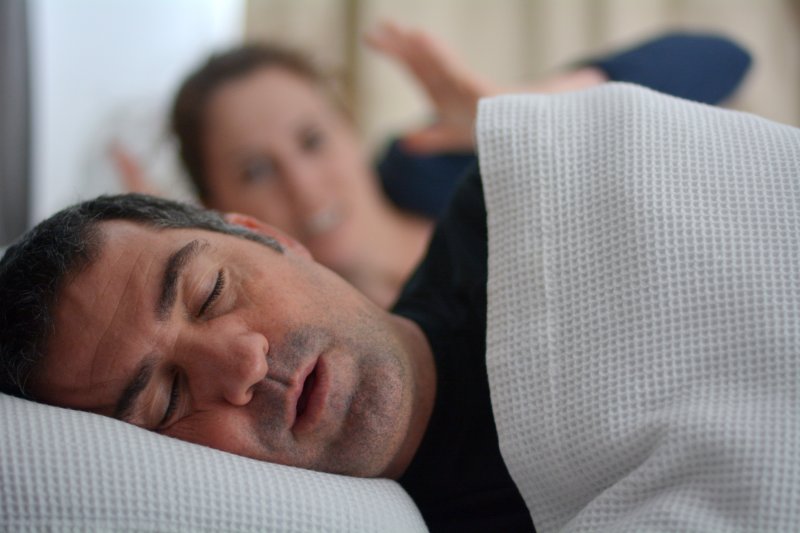
Like many other people, you might have a drink or two before bed. That’s understandable — many people use nightcaps as a sleep aid. In truth, this nightly habit could do you more harm than good. You see, alcoholic items cause and worsen sleep apnea in Stephens City. Your bedtime beer can severely harm your health if you’re not careful. As proof of these claims, your local dentist is here with evidence. Read on to learn why alcohol and sleep apnea don’t mix, including how to snooze better.
Alcohol Worsens Sleep Apnea
Research shows an association between alcohol and sleep apnea. In fact, heavy drinking can cause episodes of the latter in those who don’t have the condition. Those with alcohol disorders are at even greater risk, being highly likely to develop obstructive sleep apnea (OSA).
The problem stems from how nighttime drinks affect your breathing. Because alcohol reduces your drive to breathe, it makes breathing slow and shallow. Consequently, it can contribute to snoring and complete airway obstruction. Alcohol also worsens OSA by increasing the time between when you stop breathing and “wake up” to breathe again.
If you assume such effects aren’t a big deal, think again. Severe OSA symptoms lower your blood’s oxygen levels, often leading to excess carbon dioxide in your body. Should that happen, you could develop hypercapnia, a condition that can be fatal.
Tips for Better Sleep
In general, it’s best to just abstain from alcohol if you have sleep apnea in Stephens City. However, there are ways to keep your nightly drink without ruining your rest. Consider the tips below:
- Follow the Three-Hour Rule: If you have an evening drink, wrap it up at least three hours before bed.
- Don’t Go Overboard: You should also manage your drink intake along with the timing. In other words, stick to having only one or two glasses daily.
- Hit the Sack Early: Staying up past your usual bedtime increases alcohol’s sleep-depriving effects.
- Hydrate: For every glass of alcohol you have, make sure to drink one glass of water. It wouldn’t hurt to have a few extra glasses of water the following day, too.
As you can see, beer or wine before bed isn’t (always) as harmless as you’d think. Therefore, stay on the safe side and practice the tips above — you’ll sleep better that way!
About the Author
Dr. Thomas A. Gromling is a dentist based in Stephens City, VA, having earned his DDS from Virginia Commonwealth University. He’s also a member of the American Dental Association and the American Academy of Dental Sleep Medicine. Given this background, his specialties are comprehensive dentistry and sleep apnea therapy. Dr. Gromling can treat dental emergencies as well. Currently, he practices at his self-titled clinic and can be reached at his website or by phone at (540)-869-4377.
